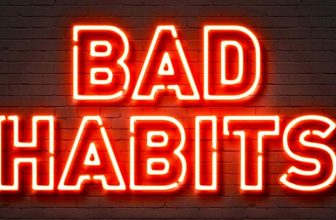
In the grand scheme of things, the psychology of sports performance is fairly new. Early roots can be tracked to 1898. Norman Triplett was studying competitive and solo cyclists. He found that those competing had better times compared to the soloists. Edward W. Scripture was a psychologist at Yale University, studying the reaction time of runners.
It was in the early 1920’s when the first sport and performance laboratory was founded by Coleman R. Griffith, the founder of sports psychology. He also taught a course called “Psychology and Athletics” at the University of Illinois. The lab closed in 1932 due to the Great Depression, but Griffith still managed to write his most important article “Psychology and its Relation to Athletic Competition” in 1925. Read on if you want to know how to How to Use Sports & Performance Psychology to Your Advantage!
Coleman R. Griffith: Founder of Sports Psychology
The basis of the paper mentioned above was about how psychology is important to athletics. Griffith also wrote two textbooks during his career. Many other psychologists played an important role in developing this area, however this field didn’t see tremendous growth until the late 1970’s in both North America and internationally. At that time, sports psychology finally gained the recognition it deserved
Sports Psychology is a Multidisciplinary Subject
Sports psychology is a multidisciplinary subject. Both early students and those of today need to complete several modules of counseling and psychology-related coursework. Today, sport and performance psychology is a vibrant and exciting field with a bright future around the globe. There are many different topics to cover. Textbooks cover topics such as personality and sport, stress, arousal and anxiety, sport environments, mental toughness, injury psychology, and team dynamics and cohesion.
Sports Psychologists don’t only Work with Athletes!
Now, you may be thinking sport and performance psychologists only work with athletes but that’s not true! Yes, sport and performance psychologists work with professional athletes and teams most often, but they also work with youth athletes, in hospitals, alongside physical therapists, in gyms, as professors and researchers, with the military and even with musical performers as performance consultants.
Clinical & Educational Sports Psychologists
There are two different types of sports psychologists: clinical and educational. Not all sport and exercise psychology specialists are trained in the same way. Clinical sports psychologists are trained specifically in psychology to treat athletes with severe emotional disorders, such as substance abuse or anorexia.
Educational sport psychologists receive training in exercise, sport science and related fields; they serve as mental coaches, who educate athletes about psychological skills and their development over time. They are not trained to assist people with severe emotional disorders.









